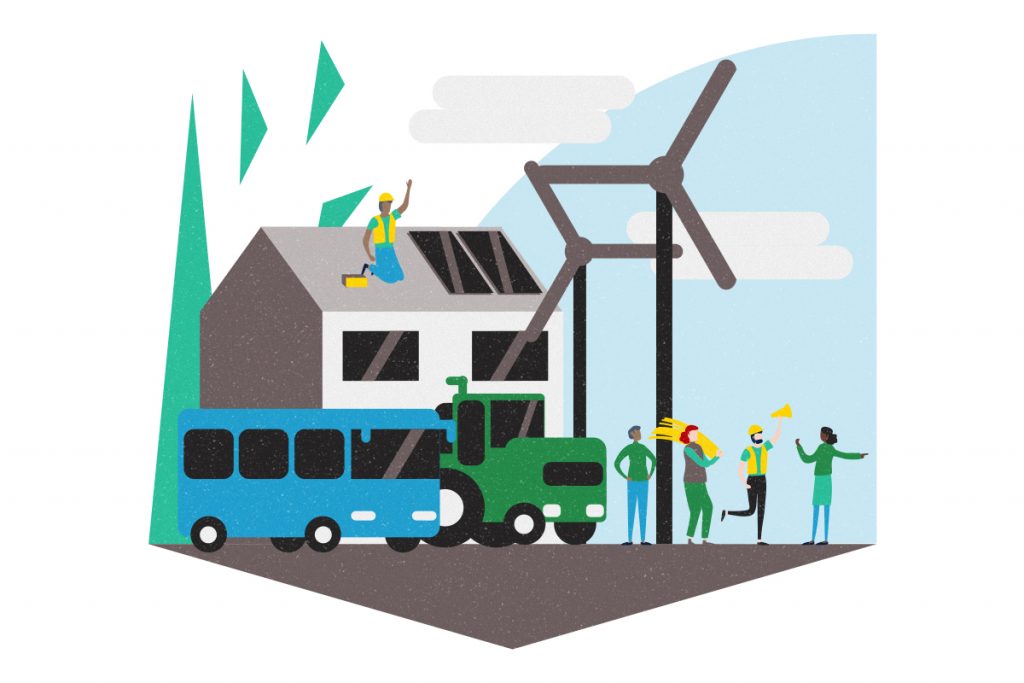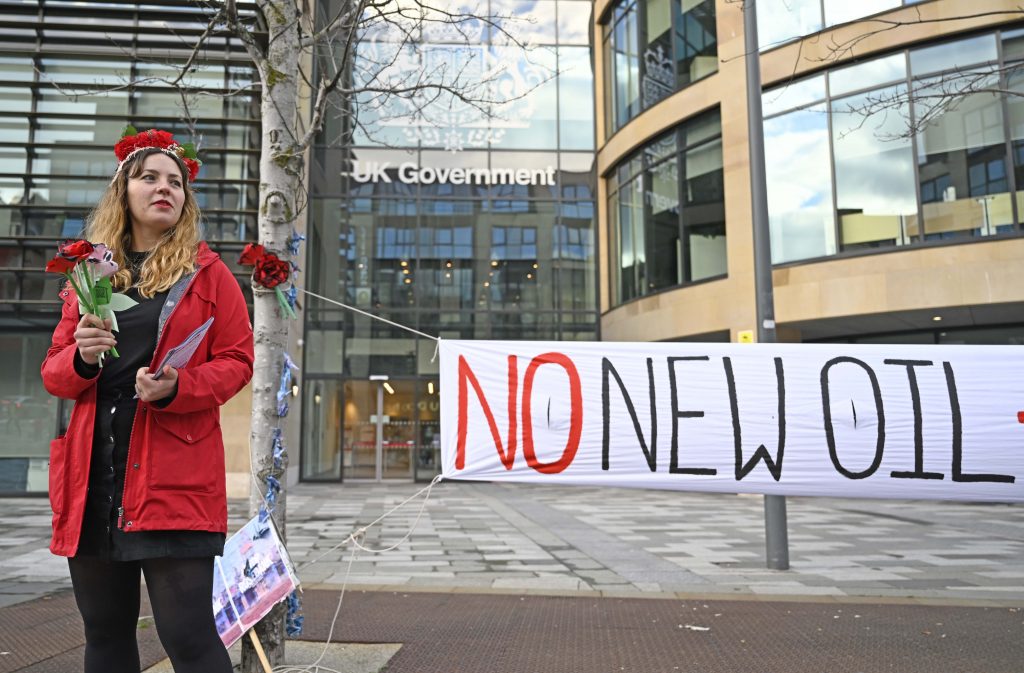
Energy Strategy Explainer
This page explores Scotland’s new Energy Strategy and explains some of its key issues. There has been a lot of headlines around the Energy Strategy so we thought it was important to explain what the Scottish Government has committed to and what it means for oil and gas.
What is the Energy Strategy?
The Energy Strategy is a huge document that sets out the Scottish Government’s policies and commitments in relation to energy production and use. It aims to spell out what changes will need to be made in the energy sector over the next decade and beyond in order to meet our climate targets.
This includes areas like how much renewable energy Scotland could generate from different sources, plans for improving home energy efficiency and how to reduce our overall consumption of energy.
This new draft Energy Strategy is now open for consultation until 4th April. A final version of the Strategy is expected later this year.
What’s in the new draft Energy Strategy?
The draft strategy is largely a compilation of pre-existing policies and commitments that we know are insufficient to end pollution from the energy sector and meet climate targets.

However, thanks to powerful campaigning in the climate movement, the consultation does ask whether the Scottish Government should support a presumption against new oil and gas licences and a phase out of production ahead of the inevitable decline of North Sea extraction.
It’s our job now to make sure the Scottish Government turns these questions into commitments. For Scotland to play its part in tackling the climate crisis the final draft of this strategy must decisively end the era of fossil fuels.
What has the Energy Strategy said about oil and gas?
Oil and gas production is a reserved matter meaning the UK Government has the final say on whether or not new fields are opened in the North Sea. However, the Scottish Government has an important role in influencing these decisions. Until very recently the Scottish Government has been unequivocal in its support for oil and gas production, and it provides some funding to the industry.
The publication of the Scottish Government’s Energy Strategy created headlines like “No new oil and gas fields, say Scottish Ministers.” This gave the impression that the Scottish Government had said a firm no to any new oil and gas extraction.
In fact, the Scottish Government is asking for views on whether there should be a presumption against exploring for new oil and gas. It also asks whether existing fields that already have a licence but haven’t started producing, such as Cambo and Rosebank, should be allowed to extract without any limits.
Climate science is clear that in order to stay within safe climate limits, we can’t burn all the oil and gas in fields that are already licensed, let alone go after even more.

What’s more, as a rich historical polluter, Scotland has a duty to move faster on fossil fuel phase out than poorer nations who have done less to cause the crisis.
A clear end date for fossil fuel extraction within this decade would enable Scotland to do its fair share of climate action and plan for a just transition for workers and communities currently dependent on the industry.
What about the Just Transition Plan?
The Energy Strategy is combined with a Just Transition Plan for the energy sector. This plan is supposed to show how Ministers will ensure that workers and communities whose livelihoods are bound up with the current energy system will not be left behind as the sector changes.
However while the draft Just Transition Plan talks a lot about job creation, it has very little in the way of concrete measures to ensure that decent green jobs are secured. Some job estimates in the plan are wildly speculative.
The Scottish Government’s official advisors on just transition – the Just Transition Commission – have been critical of the lack of engagement with them in developing the Plan.
What about the oil and gas ‘Climate Compatibility’ test?
The consultation proposes beefing up the UK Government’s Climate Compatibility Checkpoint test for new oil and gas developments as a means for deciding whether new licences should be issued or new production allowed.
No truly robust climate compatibility test would allow any new developments to go ahead and we don’t need more evidence to show us that no new fossil fuel developments are ever going to be climate compatible.
Instead of pushing for a more robust test, the Scottish Government should simply state its opposition to any new exploration for more oil and gas, and call for existing licences to be revoked.
Is this Strategy a sign of progress?
Over the past few years, the Scottish Government’s rhetoric on oil and gas has changed significantly. The 2017 Energy Strategy was based around a commitment to ‘maximising economic recovery’ of North Sea oil and gas – meaning that it supported drilling for every last drop of oil.
Thanks to tireless campaigning efforts, as well as unfortunately the increasing severity of the climate emergency, the Scottish Government has now effectively ended its support for this policy.
The draft Energy Strategy itself does not firmly come down in favour of saying no to new exploration or phasing out oil and and gas ahead of the North Sea’s inevitable decline, but instead asks the question as to whether it should adopt these positions.
However the Cabinet Secretary’s statement to Holyrood on announcing the consultation strongly implied that the Scottish Government did intend to oppose new exploration and was minded to go further and put a date on oil and gas phase out. It will be difficult now for the Scottish Government to back away from this direction of travel.
This means that real progress has been made over the last few years, and that should be celebrated. Politicians move because of the pressure people exert and the arguments that we make, and it is thanks to the growing movement of people that are demanding more serious climate action from our government that we have seen this change.
What happening with the Energy Strategy?
The public consultation on the Energy Strategy has now closed. We helped hundreds of people respond to tell the Government to phase out fossil fuels and develop a real transition plan.
The Scottish Government was supposed to produce a final version of the Strategy in Autumn 2023, but this has been repeatedly delayed and has still not appeared by May 2025.
How can I get involved in stopping oil and gas?
A key way that you can get involved is by joining a local or national group that is working to stop fossil fuels. If you’re under 30, you could get involved with Young Friends of the Earth Scotland, who are doing amazing work to campaign for a liveable future for us all.
The Stop Rosebank campaign, which is working to stop the biggest undeveloped oil field in the North Sea, welcomes volunteers of all ages and from all over the UK. You can get involved by going to their website and signing up for a welcome call, which take place every week.
If joining a group isn’t your thing, you can still keep up the pressure by writing to your MP and MSPs about the need to phase out fossil fuels, and talking to people you know about why this is so important.
